

Jobim’s solo debut kicks off with an instrumental version of what is undoubtedly his best known number, The Girl From Ipanema. [1] Oddly, though, the album is billed with reference to another and different hit he composed, Desafinado. I’m guessing that the latter had already been a pretty big hit, for someone else?
Just as it might be hard to credit why the album might be billed under a less obvious/famous choice of song, until one knows the history of way back when, it’s even harder to appreciate now, how fresh this music sounded at the time it first appeared. It truly was nova, new.
Up till this point Jobim had been a back room boy, so to speak. That’s not a sexual euphemism, by the way, but a reference to his behind the scenes role as composer, and whatever else (arranger, studio musician, etc.), working on other people’s recordings.
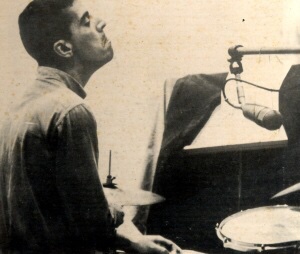
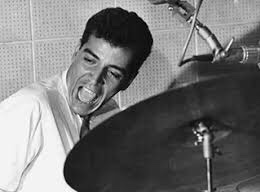
It’s also interesting that the album is entirely instrumental. Jobim’s lyric for Desafinado, the headline song promoting this disc, was all about having a weak off-key voice! Like Donald Fagen many years later, Jobim was, perhaps, a reluctant vocalist! [2]
Amazingly, every single tune on this disc – from opener Ipanema via Insensatez and Samba de Uma Nota So to Desafinado itself – has become part of the contemporary jazz canon. Whether all the compositions were already hits back when Jobim released this album, I don’t know. I suspect probably not.
But such is the respect and love for his work, that every single track here has been played countless times, at jazz gigs and sessions around the world. And they continue to be performed and enjoyed.
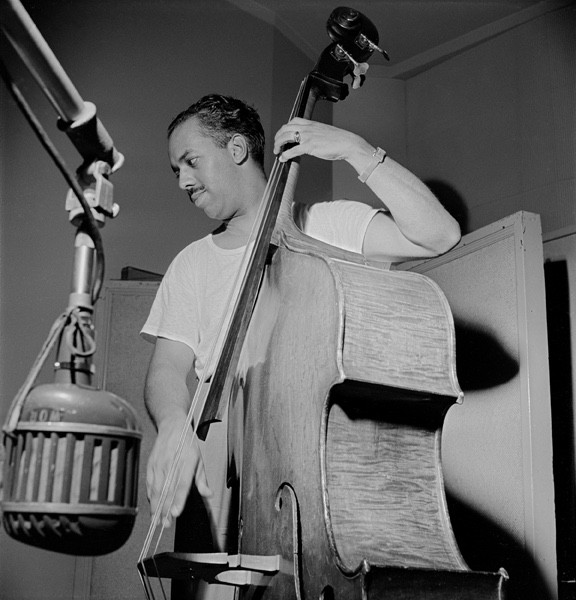
O Morro Nao Tem Vez (Favela), possibly one of the ‘lesser’ tracks – not at all in terms of quality, rather in terms of fame – exemplifies the spare, pared down nature of bossa nova, in the hands of the master. This number is followed here by the better known but equally minimal yet lush Insensatez. Every piece is a gem.
The clichés of easy-listening loungecore decadence, or elevator muzak, something ubiquitous and ‘cheesy’, which have come to haunt this genre – not something I’ve ever had any issues with, personally – are, I suppose, a shame. As they have the potential to mean people won’t recognise this fabulous music for what it really is, achingly sublimely beautiful, laced with saudade.
Jobim (and countless others) would revisit these pieces time and again over the years. Perhaps there are legions of tired renditions of some of this stuff? But they are certainly not to be found here.
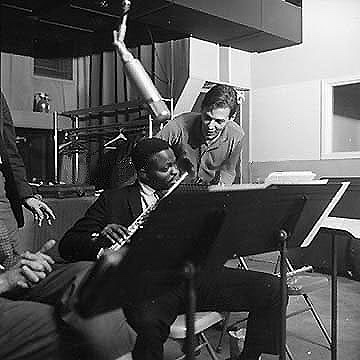
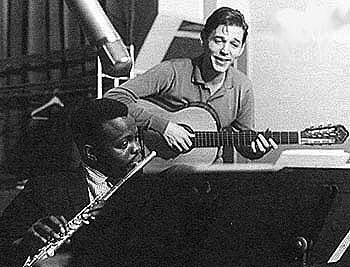
The cast of players include American jazz cats such as double-bassist George Duvuvier, locking in with Brazilian baterista, Edison Machado. And Jobim’s signature penchants for flute and trombone are entrusted to Leo Wright and Jimmy Cleveland. Great players making great music.
Also worthy of note is that way back here, in ‘63, we find Claus Ogerman already supplying the luscious yet spare string arrangements. Jobim and Ogerman continued to collaborate for much of their whole lives.
For those with ears to hear, this is an incredible debut. A motherlode of music that countless extremely talented artists and performers have mined for years, never coming close to exhausting the magic these compositions can potentially reveal.

When it comes to the platters that really matter, this one is history in the making, and is totally essential.
NOTES.
[1] According to the Wikipedia entry on the song, The Girl From Ipanema is the second most recorded song of all time, just behind The Beatles’ Yesterday.
[2] We can hear him vocalising along to his piano solo on Vivo Sonhando, bless him!
